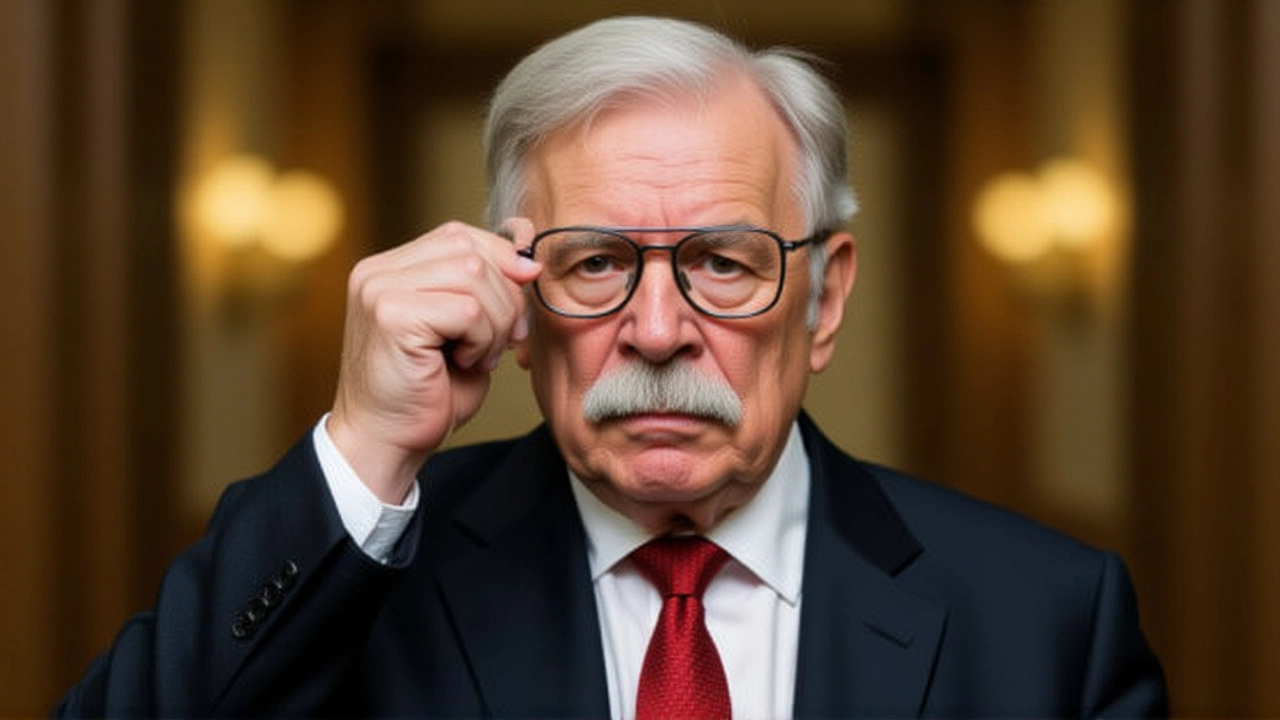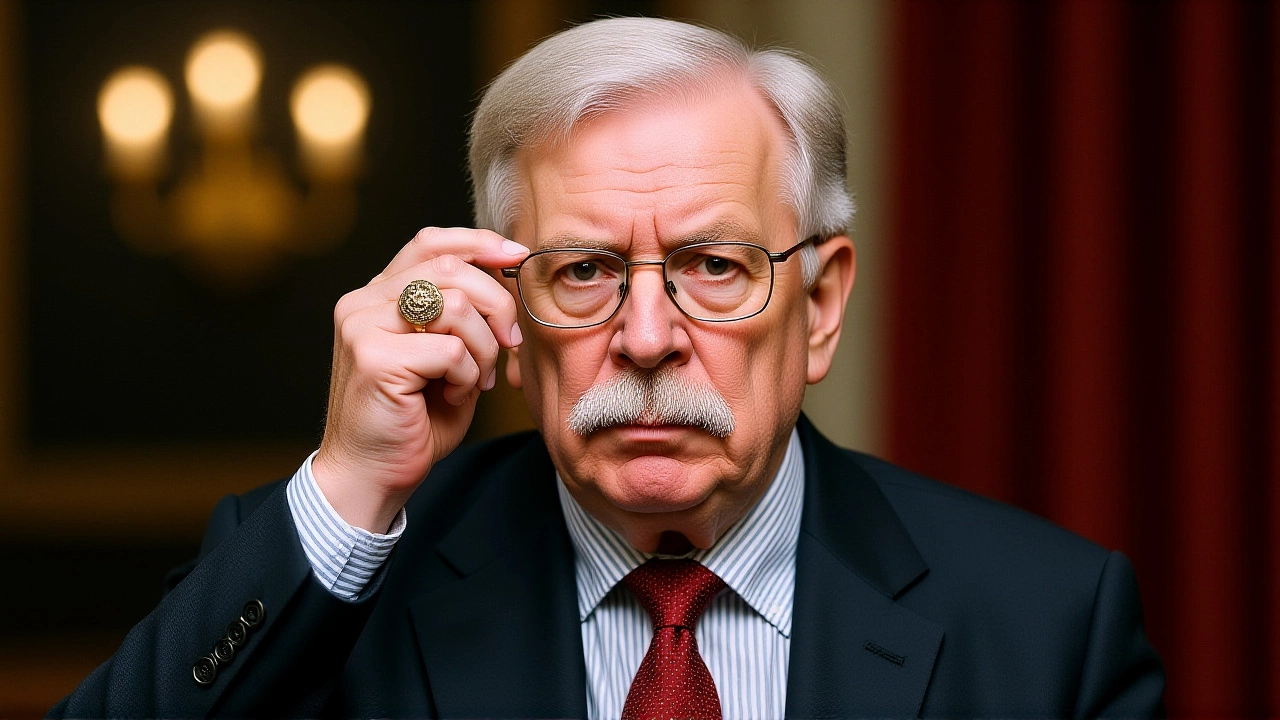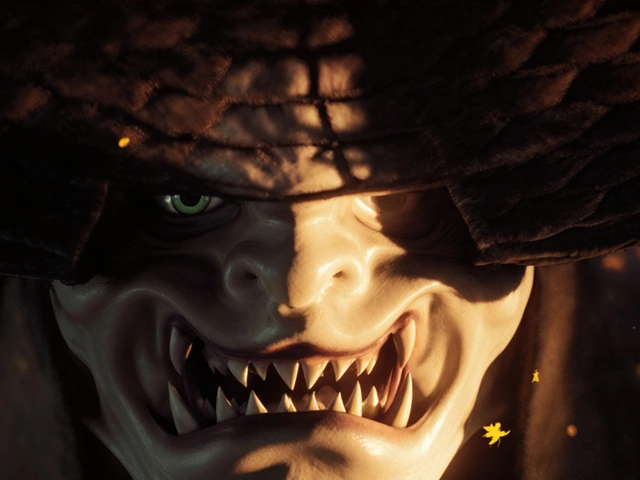In a sharply worded statement released Thursday, John Bolton, former National Security Advisor likened the current administration of Donald Trump, former President of the United States to the feared secret police of Joseph Stalin, Soviet leader, invoking the chilling dictum, “You show me the man, and I’ll show you the crime.” Bolton framed the phenomenon as “Trump 2,” suggesting a systematic hunt for political opponents rather than a genuine criminal investigation.
Historical Context of the Stalin Quote
The line Bolton quoted is attributed to Nikolai Yezhov, head of Stalin’s NKVD, during the Great Purge of the 1930s. Yezhov’s mantra—“You show me the man, and I’ll show you the crime”—became a shorthand for the Soviet practice of fabricating charges to eliminate dissent. While historians debate whether Yezhov ever uttered those exact words, the sentiment epitomizes a regime that weaponized the legal system for political ends.
In Soviet parlance, the NKVD (People’s Commissariat for Internal Affairs) acted as both intelligence agency and secret police, wielding powers that far exceeded those of a typical law‑enforcement body. The legacy of that era still haunts Russian politics, and the phrase has resurfaced repeatedly whenever modern governments are accused of “politicized prosecutions.”
Bolton’s Thursday Statement
Bolton’s memo, posted on his personal website and circulated among conservative think‑tanks, did not merely cite the quote; it framed the current legal battles as a continuation of a “politically motivated apparatus” reminiscent of Yezhov’s NKVD. “When the state begins to label any critic as a criminal before a single piece of evidence is presented, we have crossed a line,” Bolton wrote. He highlighted recent media reports about the Department of Justice’s investigation into classified documents as a case in point.
He also referenced the indictment that the Department of Justice announced on June 8, 2023Washington, D.C. against Trump for mishandling classified material. Bolton argued that the prosecution’s language—talk of “national security risk” and “grave breach”—mirrored the Soviet‑era narrative that any perceived threat could be amplified into a criminal charge.
Legal Landscape: Trump’s Classified Documents Indictment
The June 2023 indictment marked the first time a former U.S. president faced federal charges. Prosecutors alleged that Trump retained classified documents at his Mar‑a‑Lago resort after leaving office, that he failed to cooperate with a subpoena, and that he obstructed the subsequent investigation. The case, overseen by Special Counsel Jack Smith, has been described by legal scholars as a “test of the balance between executive privilege and the rule of law.”
Critics on the right claim the indictment is politically charged, while many Democrats see it as a necessary step to uphold accountability. The debate has turned courtroom drama into a cultural flashpoint, with pundits comparing the situation to Watergate, the Iran‑Contra affair, and even the Salem witch trials.

Reactions from the Political Arena
The White House officials, though no longer in power, issued a terse statement through a spokesperson saying, “The former president is entitled to a fair legal process, and any attempts to politicize that process are baseless.” The remark was echoed by senior Republican aides, who called Bolton’s comparison “hyperbolic” and “dangerous rhetoric.”
On the Democratic side, Senate Majority Leader Chuck Schumer praised the indictment, describing it as “a clear reaffirmation that no one is above the law.” Legal analyst Preet Bharara, former U.S. Attorney for the Southern District of New York, warned that “the danger of eroding public trust in the judiciary grows when officials invoke totalitarian analogies.”
Implications for U.S. Political Discourse
Bolton’s use of a Stalinist metaphor is more than a rhetorical flourish; it signals a widening gap in how parties frame legal accountability. By casting the DOJ’s actions as a secret‑police operation, Bolton taps into a longstanding American fear of “law‑by‑politics.” The comparison could stiffen partisan divides, making bipartisan cooperation on future investigations even less likely.
Moreover, the episode highlights a broader trend: the increasing propensity of former officials to wield historical analogies—often extreme—to shape public opinion. Whether such analogies strengthen democratic safeguards or merely inflame rhetoric is a question that scholars will debate for years.

What’s Next?
As the DOJ moves forward with its case, a trial date is expected later this year. Both sides are gearing up for a media‑intensive battle, and the courtroom is likely to become a stage for competing narratives about national security, executive authority, and the limits of political retribution.
Meanwhile, Bolton’s statement has already sparked a flurry of op‑eds, talk‑show panels, and social‑media memes. Whether the comparison to Stalin’s secret police will endure as a cautionary tale or fade as hyperbole remains to be seen, but it has undeniably added another layer to an already volatile chapter in American political history.
Key Facts
- John Bolton released his statement on Thursday, June 27, 2024.
- The quote he invoked is linked to NKVD chief Nikolai Yezhov during the 1930s Great Purge.
- The Department of Justice indicted former President Donald Trump on June 8, 2023, in Washington, D.C.
- Bolton refers to the current legal climate as “Trump 2,” suggesting a pattern of politically motivated prosecutions.
- Reactions span from White House denials to bipartisan criticism of the Stalin comparison.
Frequently Asked Questions
What exactly did John Bolton say about the Trump administration?
Bolton wrote that the current “Trump 2” government mirrors Stalin’s secret police, using the slogan “You show me the man, and I’ll show you the crime” to suggest that legal actions are being weaponized against political opponents rather than based on evidence.
Why does Bolton reference a Soviet‑era quote?
The quote, attributed to NKVD chief Nikolai Yezhov, epitomizes a regime that manufactures crimes to silence dissent. Bolton uses it to warn that the U.S. justice system might be slipping into a similar pattern of pre‑emptive accusation.
How does the indictment of Trump relate to Bolton’s claim?
The indictment, announced on June 8 2023 in Washington, D.C., charges Trump with mishandling classified documents. Bolton argues that the language and timing of the case reflect a politically driven effort, echoing the “show the man, show the crime” mentality.
What have Democratic leaders said about Bolton’s comparison?
Democratic figures, including Senate Majority Leader Chuck Schumer, have dismissed the analogy as “dangerous rhetoric,” emphasizing that the indictment is a lawful response to credible evidence, not a political witch hunt.
What are the likely next steps in the legal case against Trump?
The DOJ is expected to set a trial date later in 2024. Both the prosecution and defense are preparing extensive media strategies, and the courtroom will likely become a focal point for broader debates over executive privilege and political accountability.


